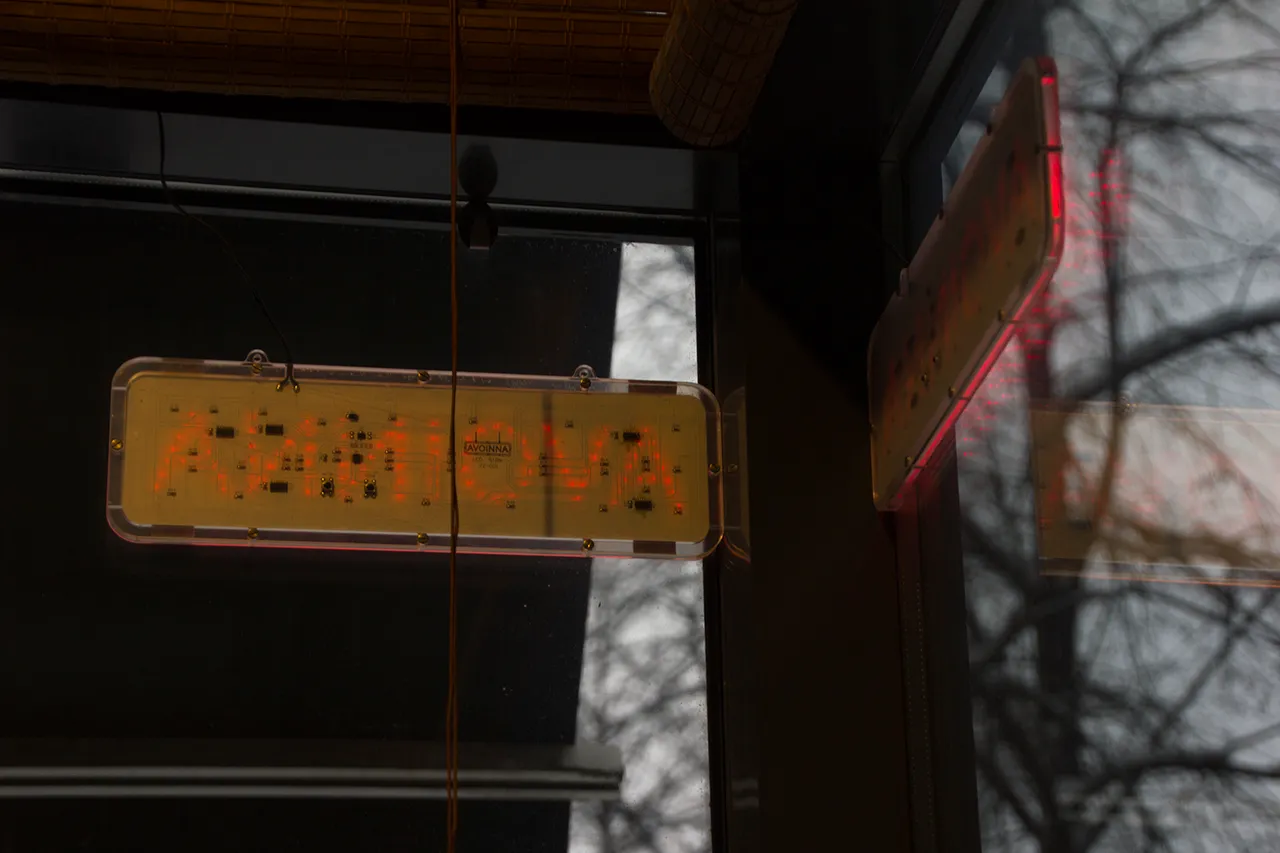Again welcome to my Finnish course for everyone interested. These courses are totally useless and futile, but these also take so little space from the internet, so why not!
And after that incredibly uplifting pep talk to myself, let's get started.
If you have not read my posts before, I have to warn you, again I have no idea where this is going or how this will end.

Photo: CC BY-SA 4.0 - Insaneworks
Anniova looks to me like it sounds Italian.
Yes, every word on that sentence above, is carefully though and positioned to the place that is fitting to the words worth, considering all the other words in that sentence. As was also that previous sentence.
If anniova was an Italian word, what would it be? What would it mean?
My Italian vocabulary contains frutti di mare and uno, dos, tres. And the knowledge that pronouncing Italian words like Finns pronounce Finnish words and letters, is more accurate than Finns pronouncing English like Finns pronounce Finnish words. In other words, saying Italian words for Finns is easy and Finnish words for Italians. It may be that the emphasis on the words is in different letters and syllables, but really it doesn't matter what part of the word you stress in Finnish, you still do get your point clearly to the person you are talking to. The meaning of the word doesn't change if you say avoinna, avoinna, avoinna or avoinna. That thing you are talking about, is still open. You just may sound a bit more poetic.
Then again you can talk only one word sentences, stress on the last syllable by raising the pitch of your voice at the end and then you end up questioning everything. That's a good way to get Finns talk to you.
An example:
– Avoinna? (Open?)
– Kyllä, luulisin. (Yes, I think so.)
– Housut? (Pats?)
– Joo, noi käy. (Yes, those are fine.)
– Mennään? (Shall we go?)
– No mennään vaan. (Yeah, let's go.)
But I guess that works for every language.
Again if you want, you can use more words in a sentence and it's not that important in what order you put the words. Arrange the words like you would do in English. Then again if you are used to putting the verb to the last, then go right ahead. Arrange the words in any way you want to.
An example if you want to know if this place is open on Sundays:
I'm ignoring the fact that the word auki is used more than avoinna. They both are translated open, but the shorter word is used more than the longer one.
– Onko tämä paikka avoinna sunnuntaisin? (Is this place open on Sundays?) Grammarly correct.
– Sunnuntaisin tämä paikka avoinna onko? (On Sundays, this place open is (it)?) You think you are Master Yoda. In English it sounds more like a statement, but not in Finnish. It's a question because of the word onko = is it, is this.
– Tämä paikka sunnuntaisin onko avoinna? (This place on Sundays is (it) open?) You sound like you want to say the most important things first and when you notice you are almost at the end of the sentence, you remember that you were asking something from another person and that they perhaps might need more words than "this place" to be able to answer to you.
– Avoinna paikka onko sunnuntaisin tämä? (Open place is on Sundays this?) You should take a nap. Or perhaps breathe deep in and out for a few times. But then again, you are understood and probably the person you are asking this, will answer to you, and what's most important is that you have not said anything that could be interpreted as an insult.
In conclusion, if you really want Finns to show how warm and hospitable they can be, arrange the words you want to say in the craziest way possible and you will make new friends. Just try it! We Finns do feel you and the most probable answer you get is:
– Sä et taida käydä ulkona kauheen usein. (Wow, you don't go out that much.)
So this means you are now bonded for life.
Warning: do not execute this action at customer service during the rush hour.
But what I really want to know is the thing I asked earlier:
If anniova was an Italian word, what would it mean?
Actually, what I really, really, really want to know is, if anniova, was (is) a word in your language, what would (does) it mean?
In Finnish it could be anything. Because to me it doesn't look or sound like any other word that I know. So all you numerous Finns out there reading this, what could anniova mean in Finnish?
In a conclusion after the first conclusion, I have to say, it's all about the pronunciation. How you say it. Appearance. Not about do you understand what you are saying. Right?
P.S.
I did not think I would never, ever in my life say this, but: I think anniova would be a crappy band name. Unless you have a band called Anniova. Then it's awesome. No it's not.
If Anniova was a band name, their music genre would be a kind of celtic, but not enough to be good, a bit new age nuances, some bird singing in the background all the time because the sounds of nature are so "awesome" and another bird singing as the lead singer, but without words, just uuuuuaaaaauuuuuuu iiiiieeee iiiiuuuuuaaaauauauauuuuuaaaaa -voices because she got the lead singer place because she has mezmerising eyes and a smile, has a blond, curly hair and big boobs, but not because she can pronounce words.

Photo: CC BY-SA 4.0 - Insaneworks